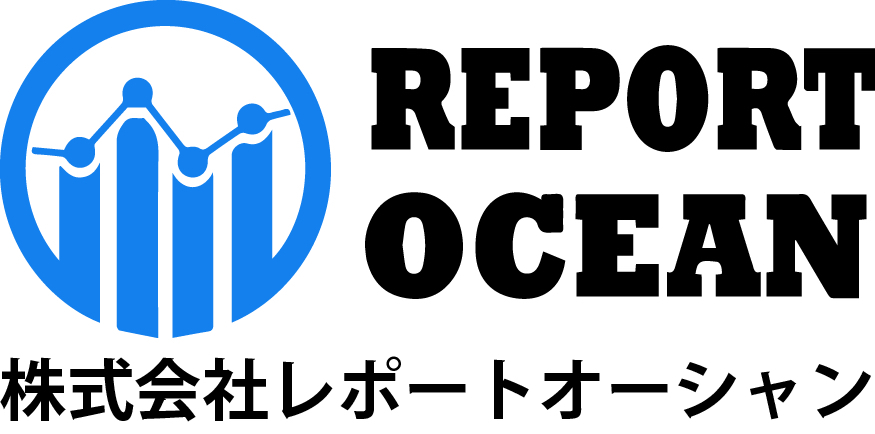日本栄養補助食品市場規模、シェア、競争環境、動向分析レポート:タイプ別(栄養補助食品、機能性食品、機能性飲料、その他)、形態別(錠剤、カプセル、粉末、液体、その他)、供給源別(動物、植物、微生物)、用途別(健康効果、パーソナルケア、スポーツ、エネルギー、体重管理、その他)、流通チャネル別(専門店、薬局、オンライン小売店、ハイパーマーケット/スーパーマーケット、コンビニエンスストア): 2024 年から 2032 年までの機会分析と業界予測
レポートID : ROJP0624122 |
最終更新 : 2024年06月 |
フォーマット : ![]() :
: ![]() :
: ![]()
Table of Contents
1. Research Methodology
2. Project Scope & Definitions
3. Impact of Covid-19 on Japan Nutraceuticals Market
4. Executive Summary
5. Voice of Customer
5.1. Demographics (Age/Cohort Analysis – Baby Boomers and Gen X, Millennials, Gen Z; Gender; Income – Low, Mid and High; Geography; Nationality; etc.)
5.2. Market Awareness and Product Information
5.3. Brand Awareness and Loyalty
5.4. Factors Considered in Purchase Decision
5.4.1.Brand Name
5.4.2.Pack Size
5.4.3.Price
5.4.4.Customisation Options
5.4.5.Packaging Type
5.4.6.Inclination Towards Organic Products
5.4.7.Promotional Offers & Discounts
5.5. Purpose of Purchase (Personal Use, Gifting)
5.6. Frequency of Purchase
5.7. Medium of Purchase
5.8. Role of Brand Ambassador or Influencer Marketing on Product/Brand Absorption
6. Japan Nutraceuticals Market Outlook, FY2017-FY2031F
6.1. Market Size & Forecast
6.1.1. By Value
6.1.2. By Volume
6.2. By Type
6.2.1.Dietary Supplements
6.2.1.1. Vitamins & Minerals
6.2.1.2. Proteins and Amino Acids
6.2.1.3. Probiotics
6.2.1.4. Fatty Acids
6.2.1.5. Others
6.2.2.Functional Foods
6.2.2.1. Bakery & Confectionery
6.2.2.2. Cereals
6.2.2.3. Dairy
6.2.2.4. Snacks
6.2.2.5. Others
6.2.3.Functional Beverages
6.2.3.1. Energy Drinks
6.2.3.2. Sports Drinks
6.2.3.3. Others
6.2.4.Others
6.3. By Form
6.3.1.Tablets
6.3.2.Capsules
6.3.3.Powder
6.3.4.Liquid
6.3.5.Others
6.4. By Source
6.4.1.Animal
6.4.2.Plant
6.4.3.Microbial
6.5. By Application
6.5.1.Health Benefits
6.5.2.Personal Care
6.5.3.Sports, Energy and Weight Management
6.5.4.Others
6.6. By Distribution Channel
6.6.1.Specialty Stores
6.6.2.Pharmacies
6.6.3.Online Retail Stores
6.6.4.Hypermarkets/Supermarkets
6.6.5.Convenience Stores
6.7. By Region
6.7.1.North
6.7.2.East
6.7.3.West & Central
6.7.4.South
7. Market Mapping, FY2023
7.1. By Type
7.2. By Form
7.3. By Source
7.4. By Application
7.5. By Distribution Channel
7.6. By Region
8. Macro Environment and Industry Structure
8.1. Supply Demand Analysis
8.2. Import Export Analysis
8.3. Value Chain Analysis
8.4. PESTEL Analysis
8.4.1.Political Factors
8.4.2.Economic System
8.4.3.Social Implications
8.4.4.Technological Advancements
8.4.5.Environmental Impacts
8.4.6.Legal Compliances and Regulatory Policies (Statutory Bodies Included)
8.5. Porter’s Five Forces Analysis
8.5.1.Supplier Power
8.5.2.Buyer Power
8.5.3.Substitution Threat
8.5.4.Threat from New Entrant
8.5.5.Competitive Rivalry
9. Market Dynamics
9.1. Growth Drivers
9.2. Growth Inhibitors (Challenges and Restraints)
10. Regulatory Framework and Innovation
10.1. Clinical Trials
10.2. Patent Landscape
10.3. FDA Approvals
10.4. Innovations/Emerging Technologies
11. Key Players Landscape
11.1. Competition Matrix of Top Five Market Leaders
11.2. Market Revenue Analysis of Top Five Market Leaders (in %, FY2023)
11.3. Mergers and Acquisitions/Joint Ventures (If Applicable)
11.4. SWOT Analysis (For Five Market Players)
11.5. Patent Analysis (If Applicable)
12. Pricing Analysis
13. Case Studies
14. Key Players Outlook
14.1. Yakult Honsha Co., Ltd.
14.1.1. Company Details
14.1.2. Key Management Personnel
14.1.3. Products & Services
14.1.4. Financials (As reported)
14.1.5. Key Market Focus & Geographical Presence
14.1.6. Recent Developments
14.2. Otsuka Pharmaceutical Co., Ltd.
14.3. Taisho Pharmaceutical Holdings Co., Ltd.
14.4. Lion Group
14.5. Ajinomoto Co., Inc.
14.6. Meiji Holdings Co., Ltd.
14.7. Suntory Group
14.8. Kikkoman Corporation
14.9. Morinaga Milk Industry Co., Ltd.
14.10. House Foods Group
15. Strategic Recommendations
16. About Us & Disclaimer
無料サンプルを入手する ![]()
この無料サンプルには、トレンド分析から推定・予測まで、さまざまなデータが含まれています。
最新レポート
お問い合わせ
-
- JAPAN : 03-6899-2648
-
- EMAIL : [email protected]







